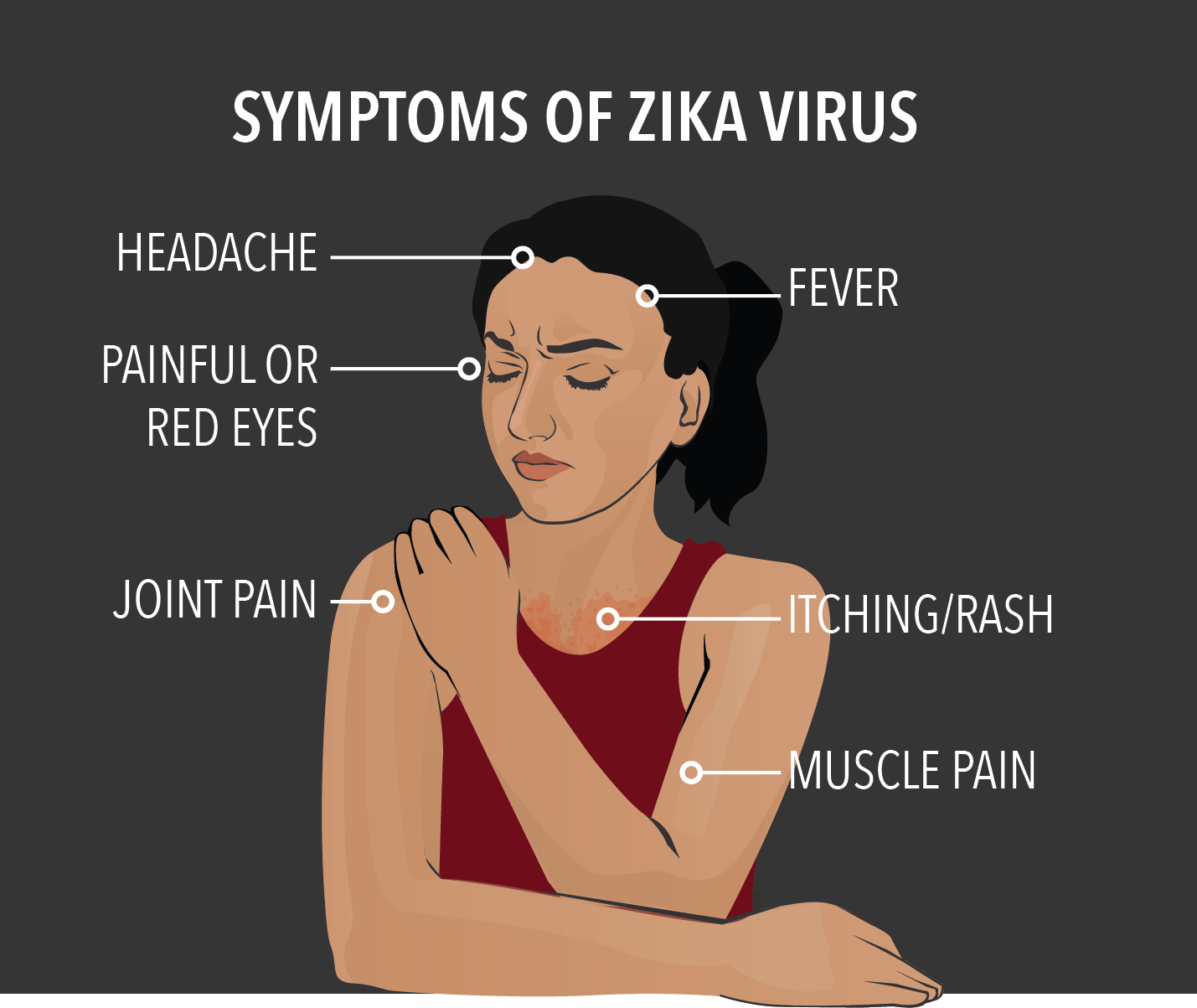Carolina, Puerto Rico – Dioudonee Trujillo Del Valle, a high-school senior, learned in April she had accidentally become pregnant by her boyfriend. She wanted to train to be a doctor, and the news came as an unwelcome surprise.
Ms. Trujillo, 17 years old, lived in a neighborhood near San Juan where mosquitoes teemed. At home, there were holes in the screens. Around the corner was an empty lot that got swampy during rains, and near her school was a cemetery with water-filled vases—prime mosquito-breeding grounds.
A few weeks later, she learned she had contracted Zika, the mosquito-borne virus that can destroy brain lobes, prevent development in parts of the brain not yet formed, deform skulls and cause babies to die in utero or soon after birth.
Roughly 4,100 pregnant women in the U.S. and its territories have been infected by Zika. There are few more painful ways to anticipate the ravages of the disease, on the body and the psyche, than to carry a child to term whose future is unknowable.
A few weeks later, she learned she had contracted Zika, the mosquito-borne virus that can destroy brain lobes, prevent development in parts of the brain not yet formed, deform skulls and cause babies to die in utero or soon after birth.
Roughly 4,100 pregnant women in the U.S. and its territories have been infected by Zika. There are few more painful ways to anticipate the ravages of the disease, on the body and the psyche, than to carry a child to term whose future is unknowable.
Last week, a moment of truth for Ms. Trujillo approached after doctors induced her labor. As the teenager lay on the delivery table, she knew she would soon get her first direct glimpse of her baby and whether Zika had harmed him.
God would protect her baby, she had said with confidence earlier.




No comments:
Post a Comment